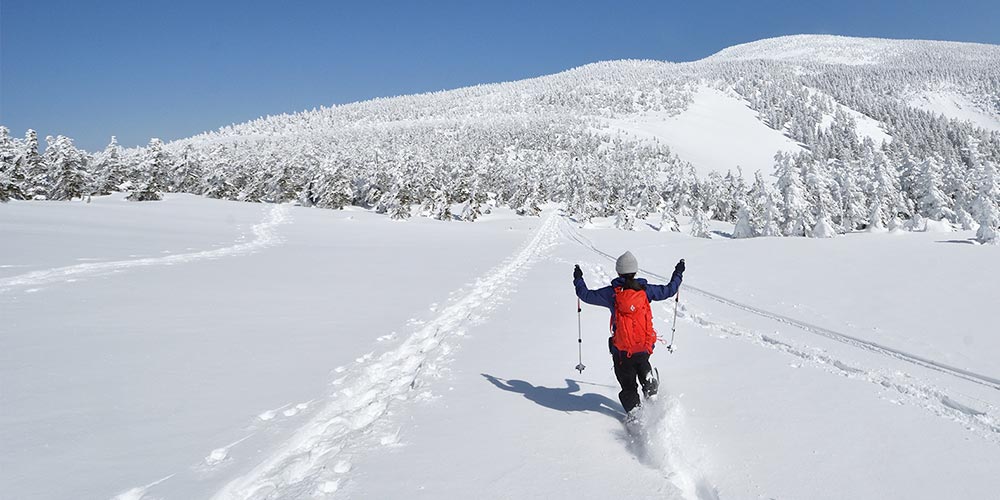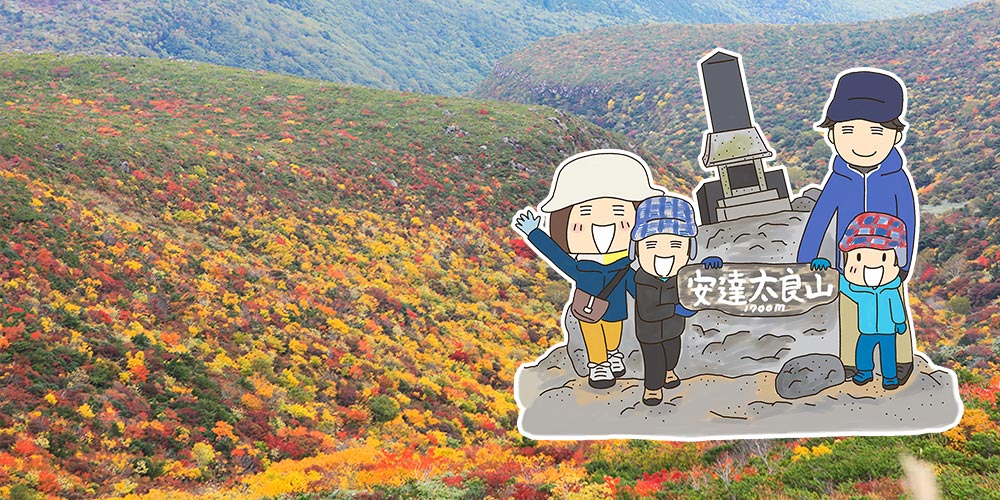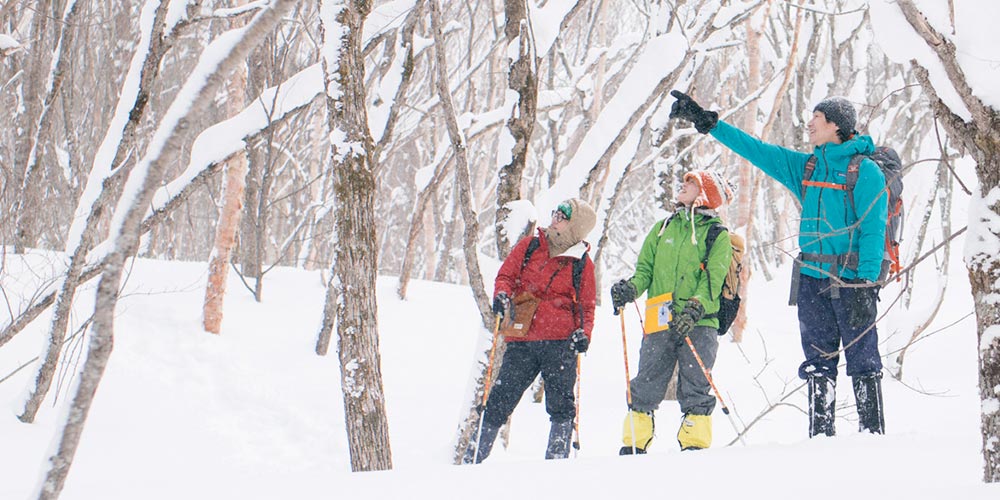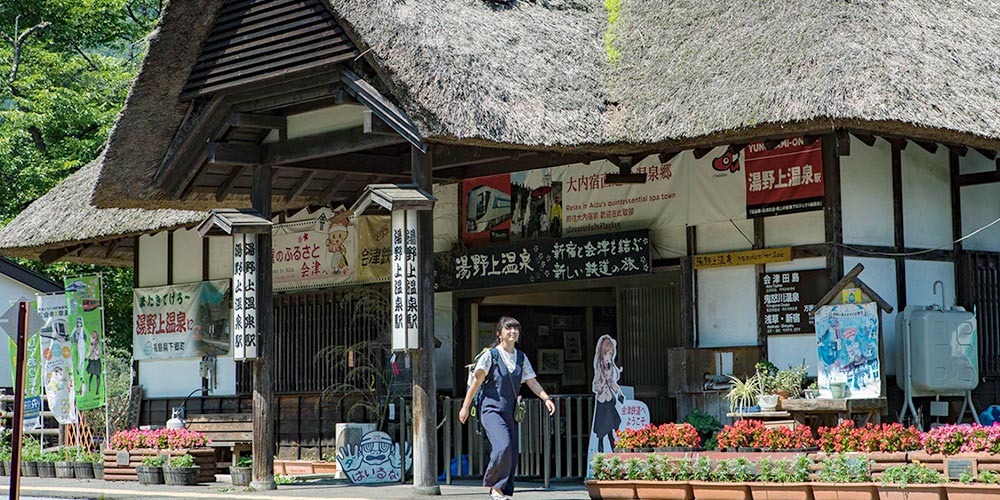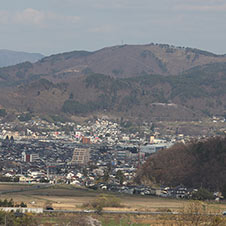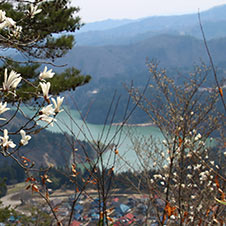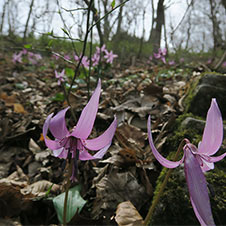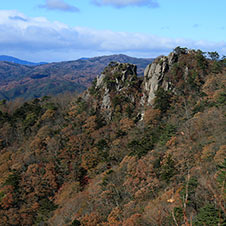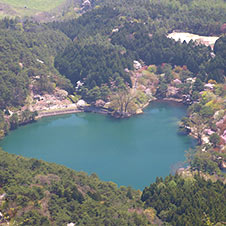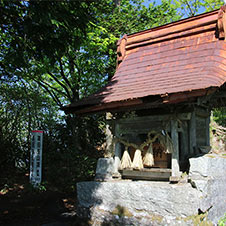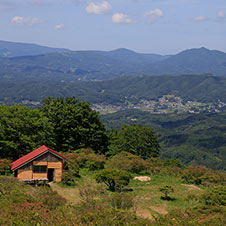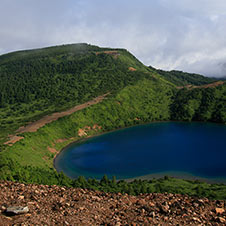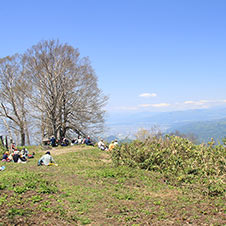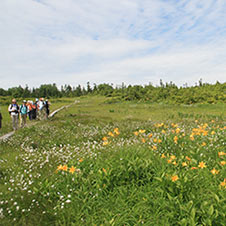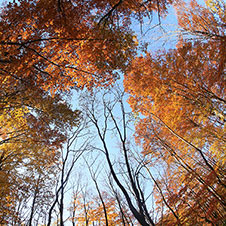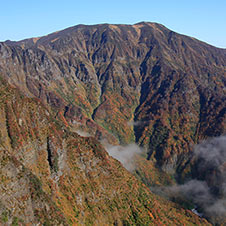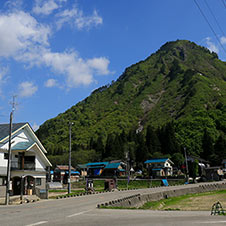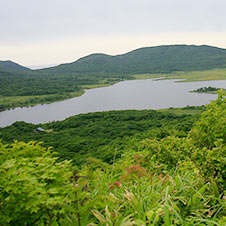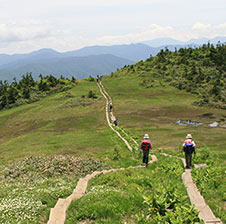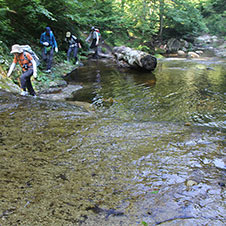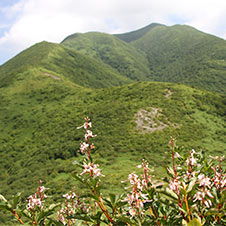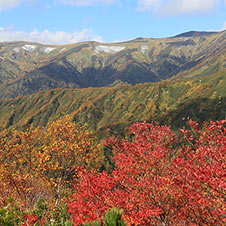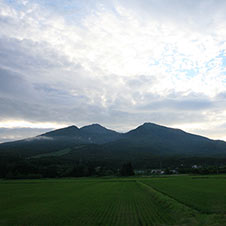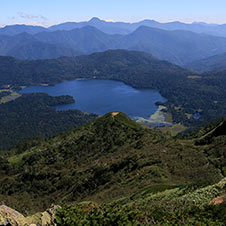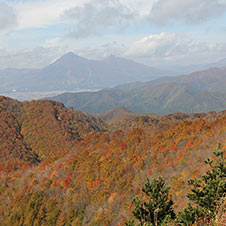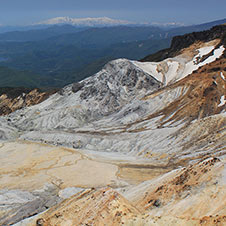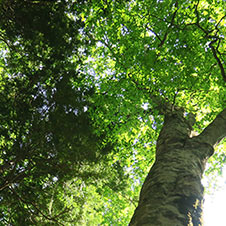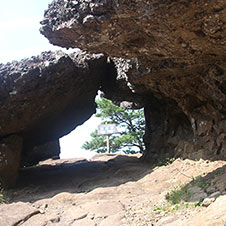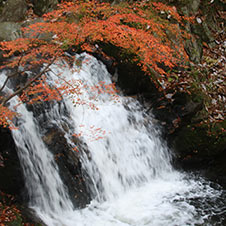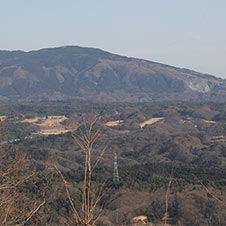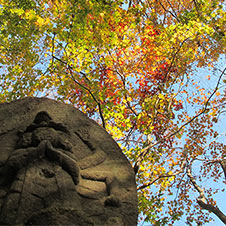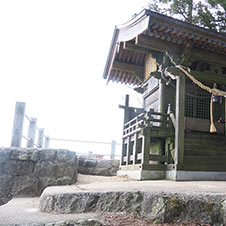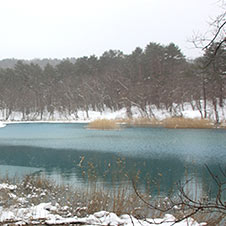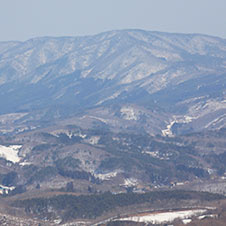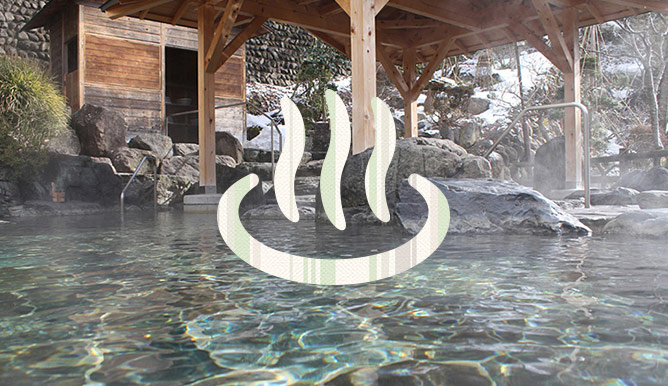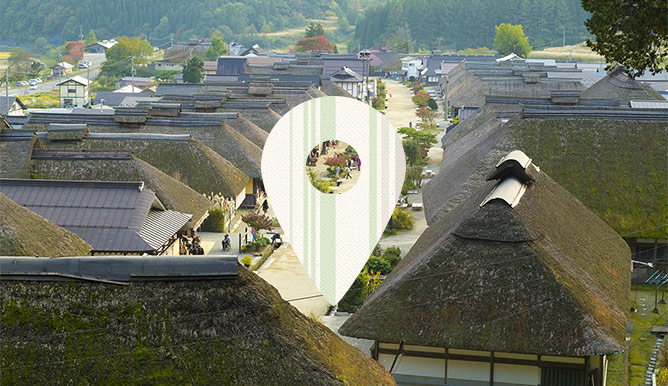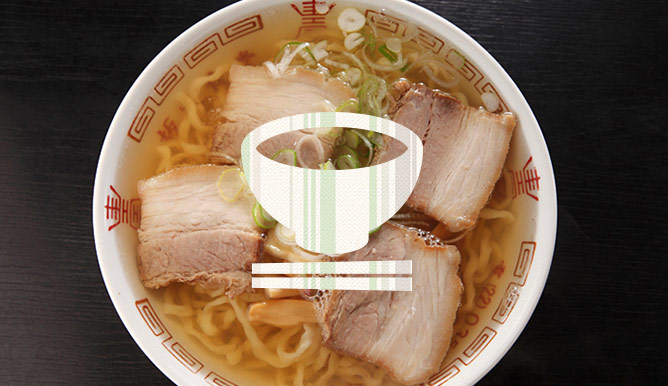
Fukushima Prefecture, located in the Tohoku region, is the third largest of the 47 prefectures in Japan. The prefecture is home to a wide variety of mountains, including seven of ‘Japan's 100 most famous mountains.’ Amongst these mountains there are also many hot springs, one of the pleasures of mountain hiking in Fukushima. We hope to share the charms of mountain climbing in Fukushima and attract more visitors to the prefecture!
Fukushima trip starting from the mountains
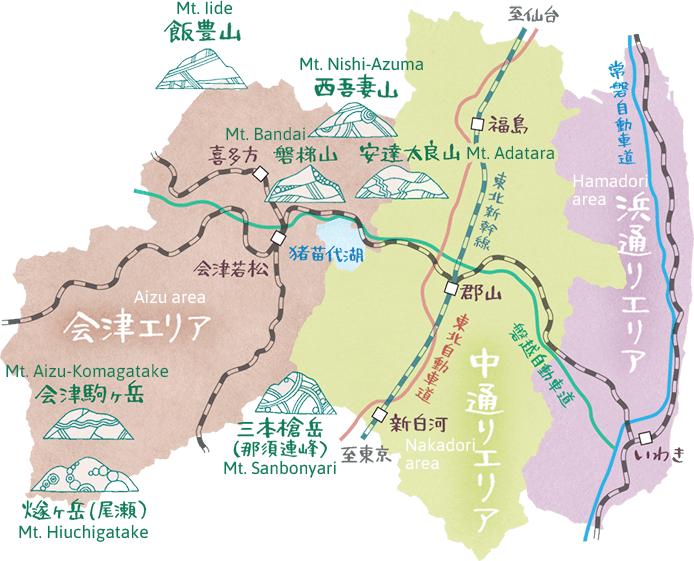
Fukushima Prefecture is divided into three areas; Aizu, Nakadori, and Hamadori, in a north-south direction from the interior to the coast on the Pacific Ocean. The Ou Mountains, also known as “the backbone of Japan,” rise in the center, the Echigo Mountains rise on the inland side, and the Abukuma Highlands rise on the Pacific Ocean side. In addition to seven of Japan's 100 most famous mountains, we hope to introduce the mountain courses, hot springs, and gourmet information recommended by Fukushima's experienced mountain guides, so you can discover your favorite mountain and enjoy climbing in Fukushima.
Mountain and Travel Course Guide
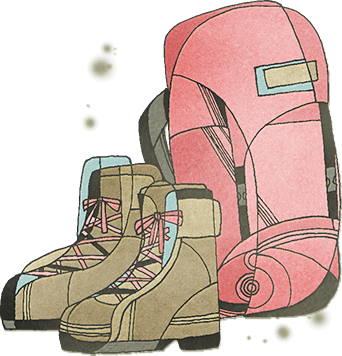
Here are some itineraries that combine mountaineering and sightseeing. In addition to detailed information on mountain courses and food, they also include interviews with people in Fukushima whom we met on our trip. We hope to whet your appetite for adventure!
-
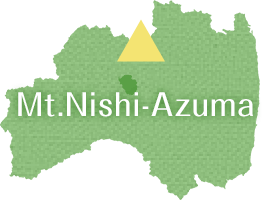
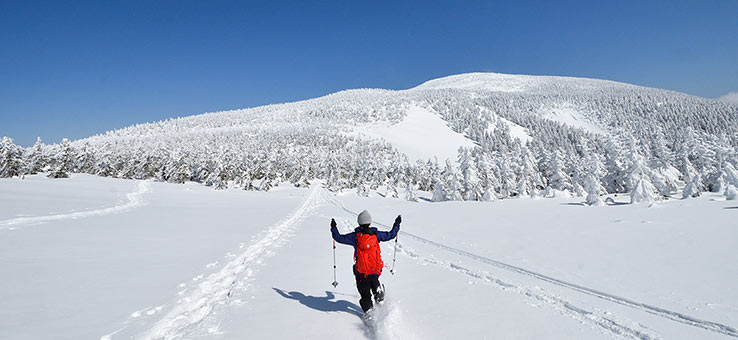
Aizu Area
Day Trip
Visit Snowy Mt. Nishi-Azuma to See the ‘Little Monsters’!
-
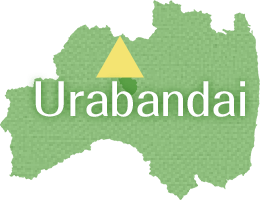
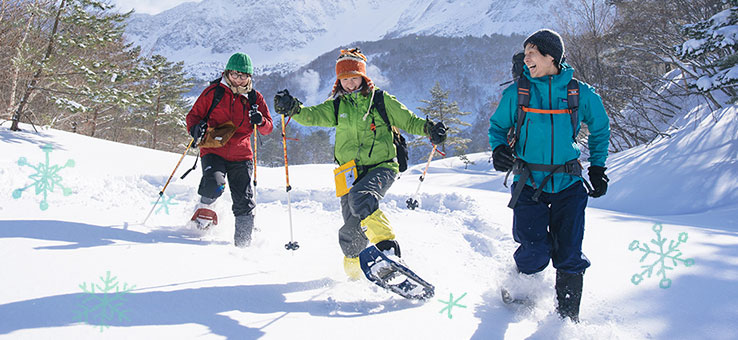
Aizu Area
1 Night, 2 Days
Urabandai in winter! Fishing experience at Lake Hibarako and mysterious ice fall snowshoeing
-
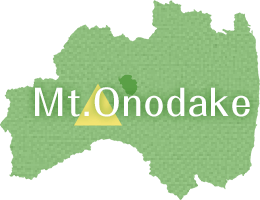
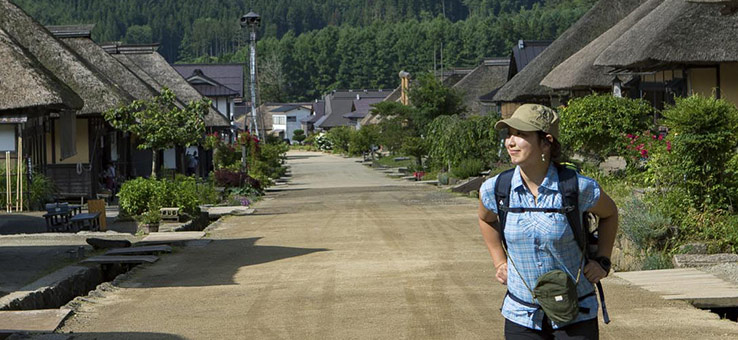
Aizu Area
1 Night, 2 Days
Going from the Old Village of Ouchi-juku to a Beech Tree Forest in Mt. Onodake
-
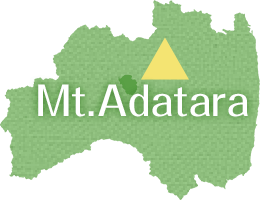
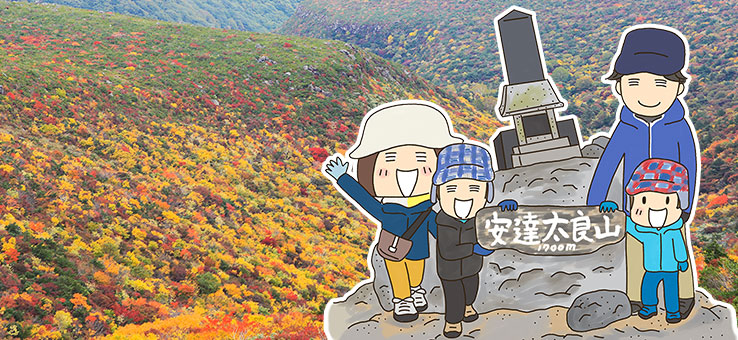
Nakadori Area
2 Night, 3 Days
Manga Artist Tomoko Suzuki‘s Family Visit to Mt. Adatara: Enjoying the Autumn Foliage and the Finest Mountain Hot Springs!
30 Mountains in Fukushima
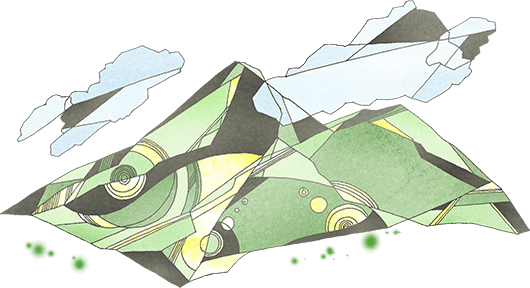
Explore the mountains in each of the three areas of Fukushima. We have labeled the difficulty levels and recommended seasons for each course.We have packed all the information you need to know for mountain climbing: the trails, access to the trailheads, and even convenience stores.
* All links are to Google's automatic translation page.
Fukushima this and that
After hiking, you can also enjoy other ‘blessings of the mountains,’ such as hot springs heated by volcanoes and delicious vegetables and rice grown with pure spring water. We also recommend a trip to experience the culture and arts nurtured in Fukushima, such as traditional townscapes, crafts, and local specialties.
* All links are to Google's automatic translation page.


